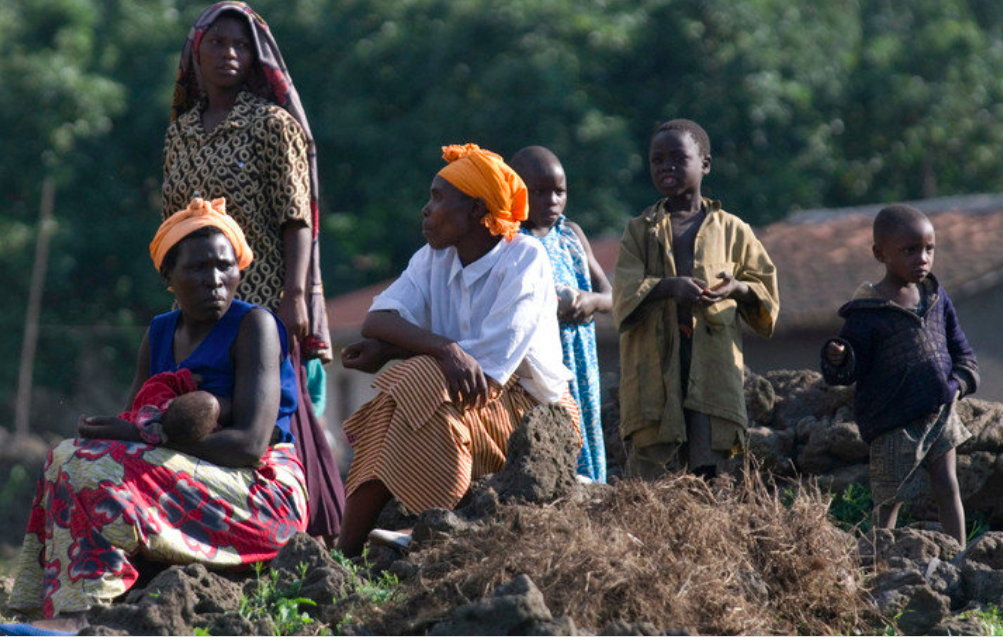The Bill and Melinda Gates Foundation has warned that more than 40 million children risk sliding into the poverty ditch by 2050 owing to climate change.
According to the Goalkeepers report by the Bill and Melinda Gates Foundation, “a Race to Nourish a Warming World,” projects that without immediate global action, climate change will condemn an additional 40 million children to stunting and 28 million more to wasting between 2024 and 2050.”
The report suggests that “scaling up solutions now can avoid this outcome, while also building resilience to climate change and spurring much-needed economic growth.”
It should also be noted that the total share of foreign aid going to Africa has decreased. In 2010, 40% of foreign aid went to African countries.
But that number is now down to just 25%—the lowest percentage in 20 years—despite more than half of all child deaths occurring in sub-Saharan Africa.
This trend leaves hundreds of millions of children at serious risk of dying or suffering from preventable diseases and threatens the unprecedented progress the world made in global health across Africa between 2000 and 2020.
“Today, the world is contending with more challenges than at any point in my adult life: inflation, debt, new wars. Unfortunately, aid isn’t keeping pace with these needs, particularly in the places that need it the most,” writes report author Bill Gates, co-chair of the Bill & Melinda Gates Foundation.
“I think we can give global health a second act—even in a world where competing challenges require governments to stretch their budgets.”
According to Gates, malnutrition is “the world’s worst child health crisis,” and climate change is only making it worse.
Amidst this crisis, Gates calls for maintaining global health funding; immediately addressing the growing threat of child malnutrition by supporting the Child Nutrition Fund, a new platform that coordinates donor financing for nutrition; and governments fully funding the established institutions that have proven effective at protecting millions of lives each year.
These institutions include Gavi, the Vaccine Alliance, which is due to hold its next funding replenishment in 2025; and the Global Fund to Fight AIDS, Tuberculosis and Malaria, which is expected to also hold its replenishment next year.
“If we do these three things, we won’t just usher in a new global health boom and save millions of lives—we’ll also prove that humanity can still rise to meet our greatest challenges,” Gates writes. T
he report also shines a light on the catastrophic economic costs of malnutrition and highlights solutions that can help mitigate them.
According to the World Bank, the cost of undernutrition is U$3 trillion in productivity loss every year, because malnutrition stunts people’s physical and cognitive abilities.
In low-income countries, that loss ranges from 3% to 16% (or more) of GDP, which amounts to a permanent 2008-level global recession every year.




















